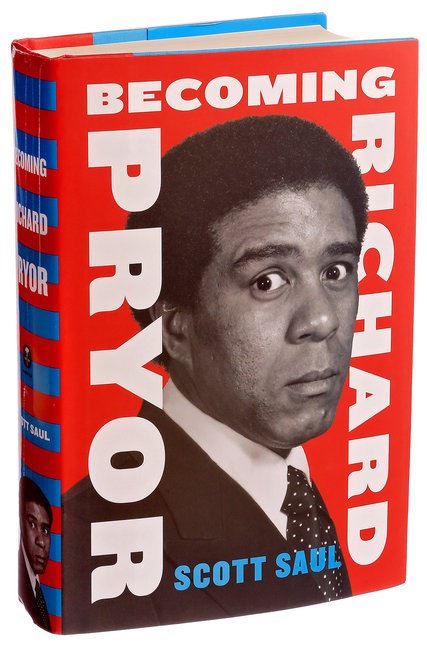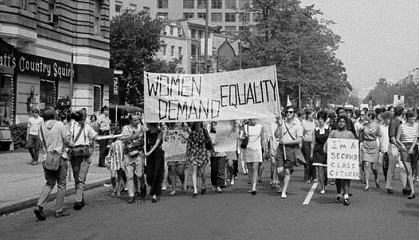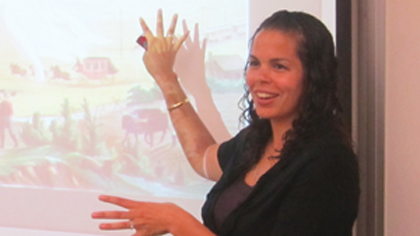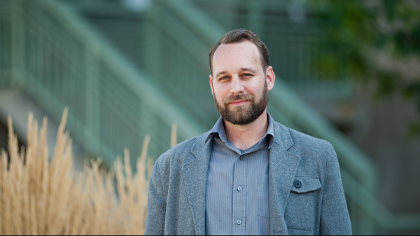archive

"Civil War Chicago: Eyewitness to History" on October 20th
Professor of History Theodore J. Karamanski, PhD and Loyola alumna Eileen M. McMahon, PhD, will discuss their new book on the Civil War’s transformative role in Chicago's development.

Richard Pryor Biographer to Speak at Loyola
Scott Saul, the author of Becoming Richard Pryor, will give a public lecture on the comedian entitled "Living with Richard Pryor: A Biographer's Tale" on Friday, April 24 at 3 PM.
Timothy Gilfoyle on "The Changing Forms of History"
Should history be a book discipline? What constitutes "acceptable scholarship" in history? Professor Timothy Gilfoyle considers the rich and diverse forms that historical scholarship take from books, digital media, and public history projects in his article "The Changing Forms of History" in April's edition of Perspectives on History, the AHA newsmagazine.

"The Rise of the Nation-Saint" on November 5th
Prof. Kathleen Sprows Cummings, University of Notre Dame, discusses a pre-circulated paper on the efforts of U.S. Catholics to secure their first canonized saint for the third meeting of the 2015-2016 Ramonat Seminar Series.

Voices of Chicago Women Activists
Celebrate Women's History Month with the Women & Leadership Archives and the Chicago Area Women's History Council. Come hear multimedia excerpts of oral histories by Columbia College honors students featuring Chicago women activists and leaders. The event will be held on Sunday, March 16th from 2:00pm-5:00pm on the 1st floor of Piper Hall.

What was Chrysler Village and how did it get its name?
Public History graduate students know and shared their work on a historic nomination for the neighborhood with Ask Geoffrey on WTTW the other night.
LEARN MORE
Closing the Gap
Sarah Doherty (PhD '12) reflects on the importance of the Preparing Future Faculty Program in equipping her, and other minority doctoral students, with the skills necessary for a career in academia.
LEARN MOREAnthony Di Lorenzo Gives Talk at the Newberry Colloquium

The Newberry Colloquium
Transatlantic Radicalism and American Antislavery Politics
4 pm
Towner Fellows’ Lounge
The scholarship on radical republicanism during the Age of Revolution is vast and growing. However, the role of antislavery thought and activity within this frame is an area of inquiry deserving further attention. The rise of popular abolitionism in the early United States reveals a striking consistency with the more radical strains of democratic discourse during the American and French Revolutions. As a result, little understood political tensions emerged within the movement which had lasting implications for the course of American abolitionism in the late eighteenth and early nineteenth centuries. Newberry collections have proven to be an invaluable resource in Anthony Di Lorenzo’s investigation of both early abolitionist writings and the revolutionary pamphlet literature of the period.
Original post, here: http://www.newberry.org/02182015-newberry-colloquium
